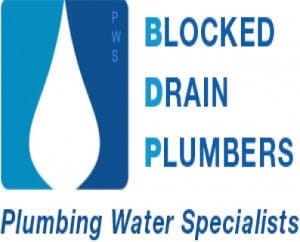What exactly is a sewer backup? A sewer backup appears when the general amount of water and sewage that is flowing into a particular sewer system starts to exceed the capacity of the sewer itself. The water from the sewer is going to flow back into your house by different drain pipes and this will result in chaos and possible health risks.
Usually, sewer backups appear when there are high amounts of rain, caused by large storms, or because of melting snow and the high water amounts, coming from it. Other sources may include collapsed pipes, blocked sewer connections or damaged sump pumps. There are a few measurements that you can take, if you want to avoid sewer backups.
Useful Tips for Sewer Backup Prevention
Avoiding a sewer backup is not impossible but it requires the homeowner to make some changes. Some of the most efficient preventive steps that you should think of are:
• During heavy rainstorms, the usage of water should be down to minimum.
• Products like fat and cooking grease should not be disposed in the garbage disposal or down the drains of the kitchen sink as they will harden and the forming of clogs is a possibility.
• The rainwater downspouts must be prolonged away from the foundations of your house.
• It is important to make sure that the surface water is flowing afar from your house’s foundations.
• The installation of a sump pump is a good idea as it helps unload the drainage onto your lawn or driveway.
• Consider installing an automatic backwater flow valve.
• Sewer caps in the basement sewer outlets must be kept on during heavy rainstorms.
• Disengage the downspouts of rainwater from the sewer system in the basement and after that cap the disengaged standpipes.
Valuable Cleanup Information
Despite of putting your best efforts to keep a sewer backup away, it is of extreme importance to react immediately if a sewer backup occurs. The smart action would probably be to turn to the professionals for help. There are a few tricks that could help your situation while you wait:
• It is of extreme importance to keep clear from any electrical systems and panels up until the moment you know it is safe.
• Defective goods should be transferred to an area that is dry and has proper ventilation.
• Any pieces that may have been in contact with the sewer water should be properly disinfected.
• You should make a list or photograph all the damaged items.
• When the issue has been cleared up, you should immediately reach up to your insurance company.
No matter if you choose to take some of those cleanup steps, you should always remember that safety comes first. Call an electrician, plumber, insurance agent or the expert that could help with the problem when you aren’t certain of what steps you should take.
Remember for any emergency plumbing Melbourne needs contact us on 0412 738 874 or you can leave a message on our contact form.


